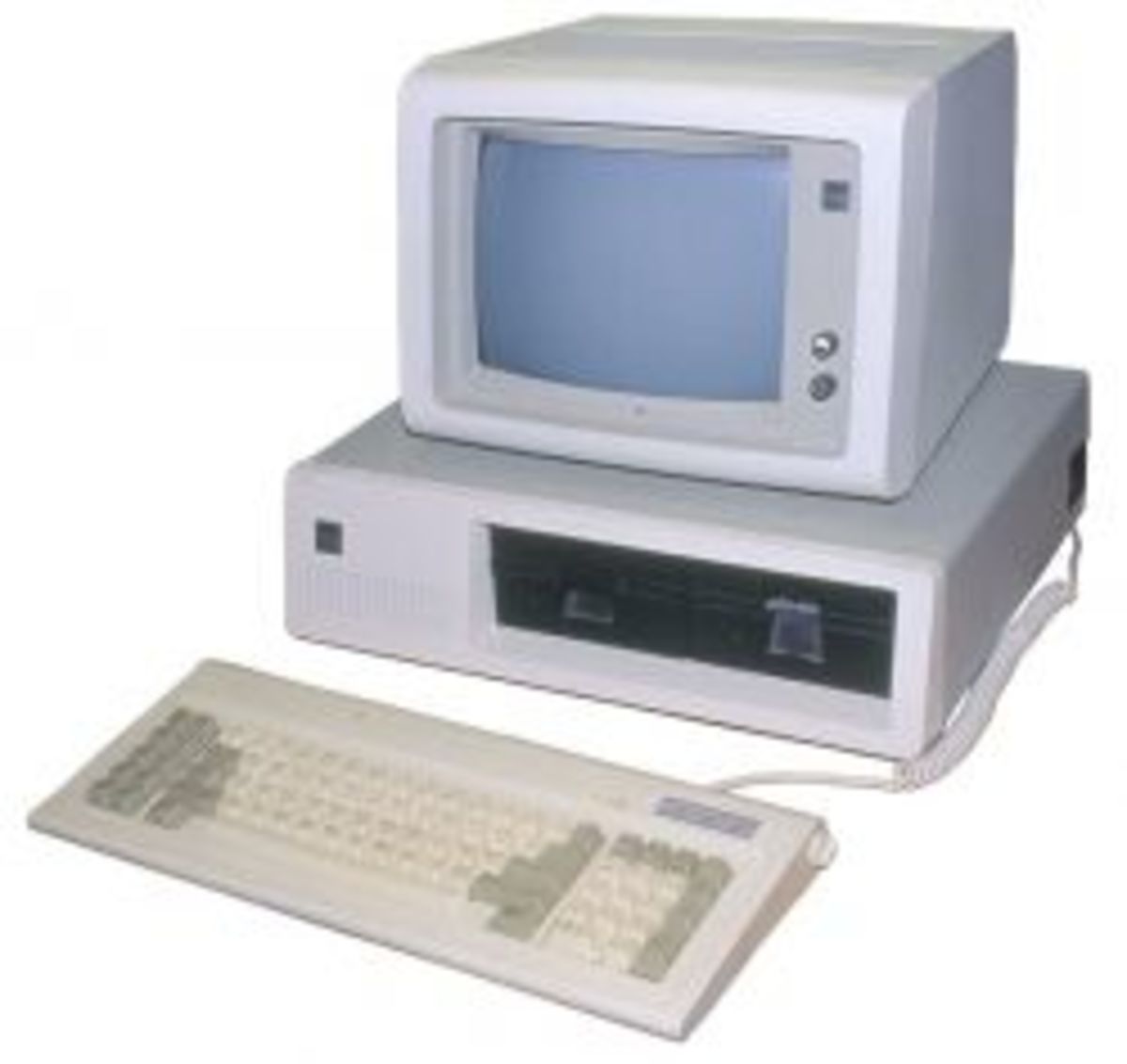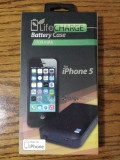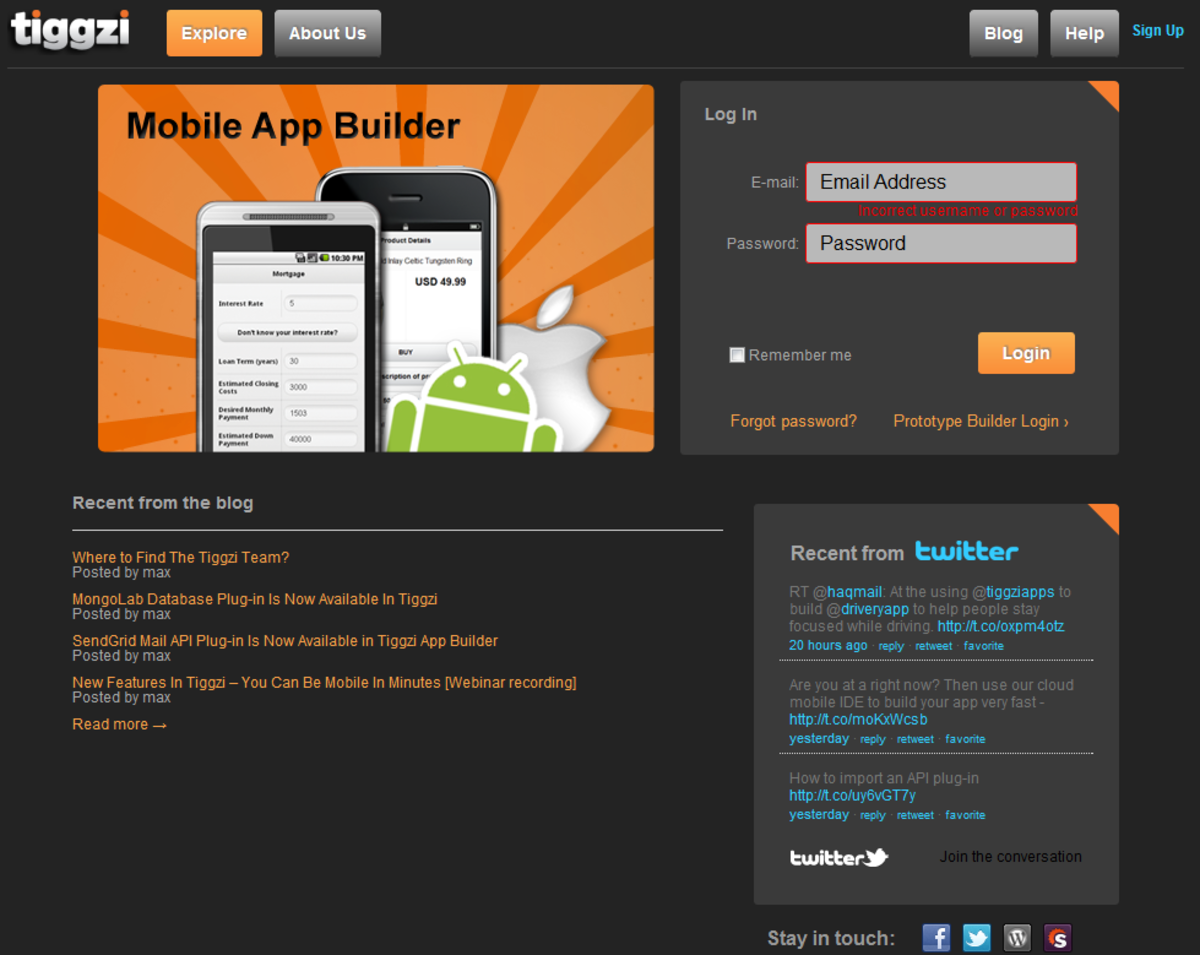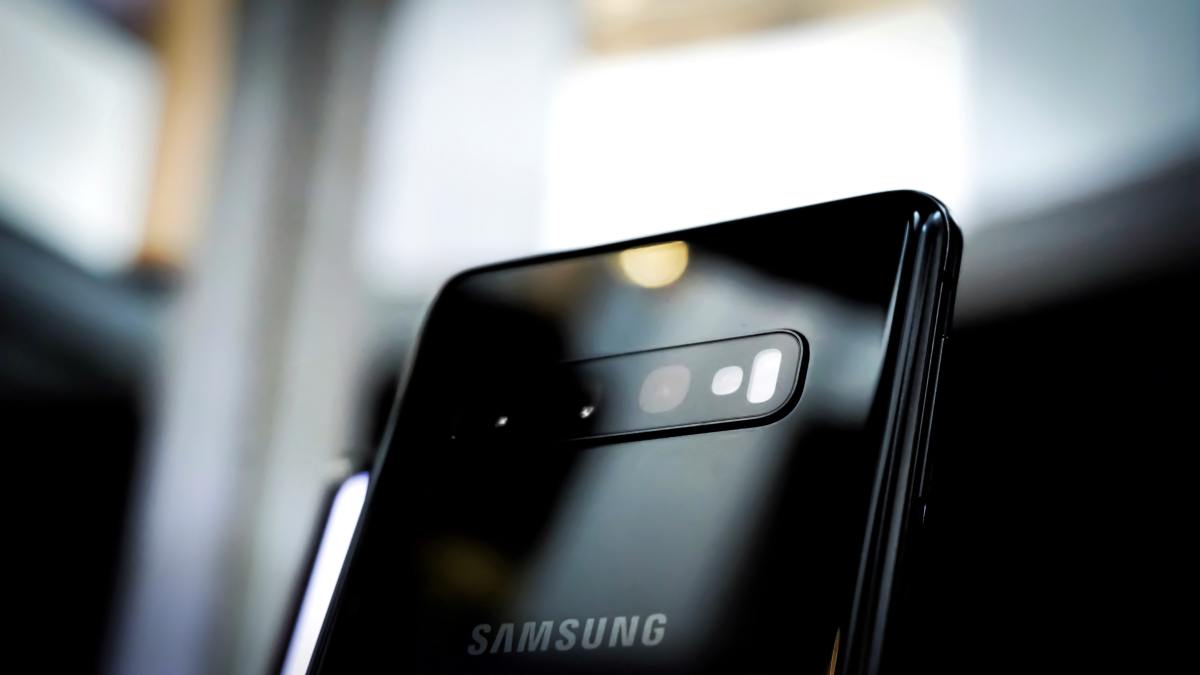An Overview of Smartphone Operating Systems: iOS, Android, Windows Phone, Blackberry, WebOS, & Symbian

Overview:
Current trends in both personal and enterprise computing clearly show that mobile services and devices will continue to play a large role how we as users and businesses will create, consume, and communicate in the future.
For those readers that are not familiar with the mobile world, I want to provide a brief overview of the main mobile operating systems that are on the market today. I've grouped the operating systems into two categories; "Leaders" and "Wild Cards". The "Leaders" are proven and are continually gaining users in the expanding mobile market.
The "Wild Cards" basically fall into two sub-groups - potential challengers to the "Leaders" or legacy operating systems that are still around but are basically losing market share instead of gaining market share.
The Leaders:
Apple iOS:
iOS is Apple's mobile operating system that is used for the iPhone, iPad, and iPod Touch. It really is the gold standard for mobile operating systems in my opinion. It offers a sleek user interface, intuitive navigation, and reliable operations. At the time of this writing it has approximately 17% of the mobile market share, behind Android and just about tied with Nokia's Symbian operating system (discussed later in this article.)
Although Apple iOS is not the market leader in terms of market share, it has a loyal following, a strong brand, and is gaining market share. Apple iOS distributes it mobile apps through theApple app store, one of the leading mobile app markets along with Android.
Android:
Android is the popular mobile operating system developed and owned by Google. Even though the consensus shows that Android lags behind Apple iOS in usability and reliability, it does offer some significant advantages over Apple. One of the main advantages is that is is available on a multitude of devices, including smartphones, e-readers, and tablets developed by Samsung, Acer, Lenova, HTC, and others (just to name a few).
Android currently is the market leader with over 50% of the market. Android's popular app market, the Android Marketplace has thousands of apps available and has a similar number of registered users as Apple's App Store.
The WildCards:
Windows Phone/Windows Mobile:
Windows Phone is Microsoft's latest mobile operating system, dubbed Windows Phone 7. Its precursor, Windows Mobile is still being used on many legacy mobile devices. Microsoft is making a big bet on Windows Phone in its attempt to steal market share away from both Apple iOS and Android. Their recent strategic partnership with Nokia underlines this fact that both Microsoft and Nokia are setting their sights on the large mobile consumer market.
Windows Phone and Windows Mobile currently has less than 5% of the mobile market share, although this is expected to grow as more devices are being delivered with the Windows Phone operating system installed on it. Windows Phone distributes its apps through theWindows Marketplace.
WebOS:
WebOS is Hewlett-Packard's open-source mobile operating system. WebOS was acquired by HP through its acquisition of Palm. After WebOS was released by HP in 2011, the operating system had a short run after never really gaining market share. It was released with HP's TouchPad tablet and Veer smartphone in 2011.
Since then, HP has decided to abandon their push into the mobile tablet and smartphone market and is planning on making the operating system available to the open-source community. WebOS has only a small share of the mobile market (<1%).
Symbian:
Symbian is Nokia's legacy mobile operating system developed in partnership with Accenture. It has historically been a very popular mobile operating system worldwide but in recent years has been losing market share to both Apple iOS and Android.
Through Nokia's strategic partnership with Microsoft, most future mobile devices will be shipped with Microsoft Phone on Nokia devices (continuing on more models throughout 2012). Although Symbian still holds approximately 17% of the market share, that will continue to decline as more Nokia mobile devices are shipped with Windows Phone.
Blackberry OS:
Blackberry OS is Research in Motion's (RIM) mobile operating system. It is offered on all Blackberry smartphones and the RIM's Playbook tablet. It has approximately 12% of the mobile market share. It once held over 20% of the market share at its peak, mainly through enterprise customers, but has slowly been losing market share to both Android and Apple iOS as more and more enterprise users have been switching over to more consumer based models.
Only time will tell if the Blackberry and its operating system will make it. They have had a very rough time recently, but still have a large and loyal customer base and a large portfolio of patents that may keep them afloat.
In Conclusion:
There are many mobile operating systems on the market today with two of them carrying the momentum - Apple iOS and Android. Microsoft Phone is the real wildcard of the bunch. With its recent partnership with Nokia and the upcoming release of Windows 8 for tablets, Microsoft appears to be positioned to take away market share from the leaders of the pack.
With WebOS's recent transition into the open source community, it looks like it will be more of a niche operating system in the near future. It appears that Symbian will continue to slowly lose market share as Nokia pushes out more phones with Windows Phone installed on them. If Research in Motion is able to stop their slide and develop a strong product that can compete with the other large players they may be able to turn their slide around, but only time will tell the true story.









